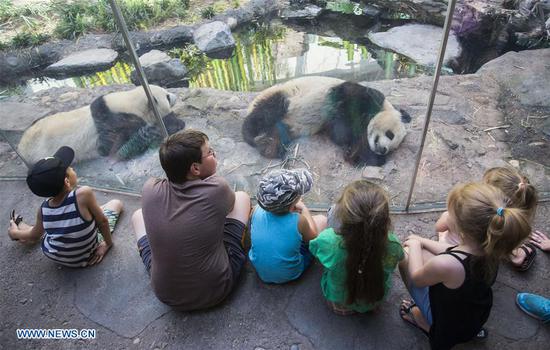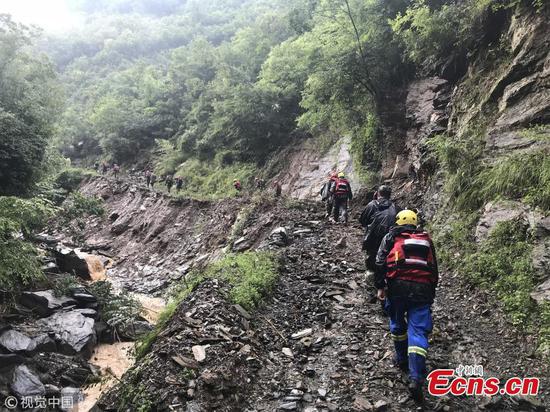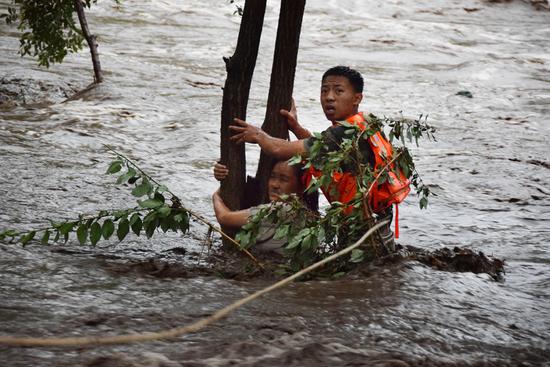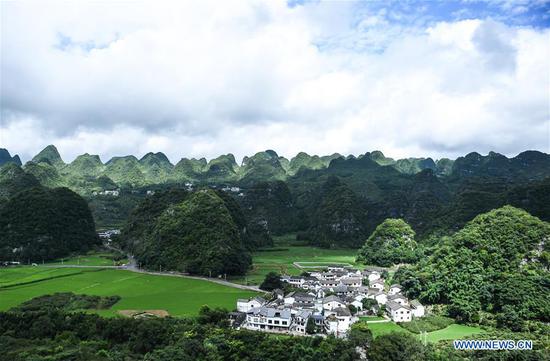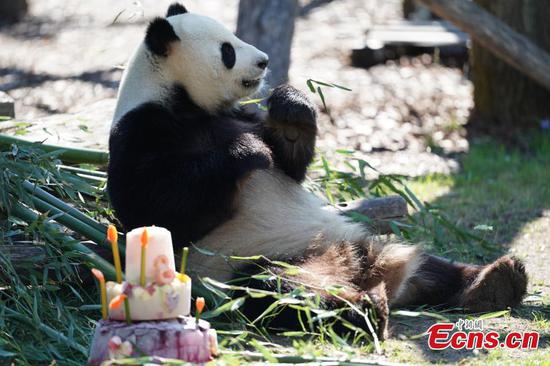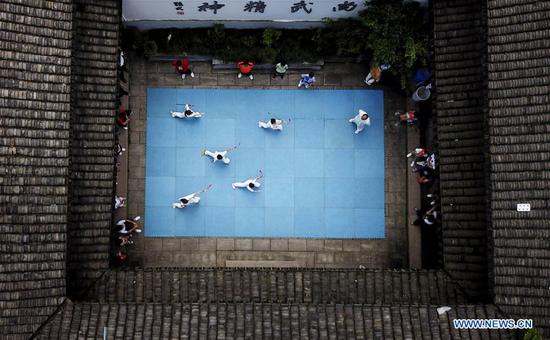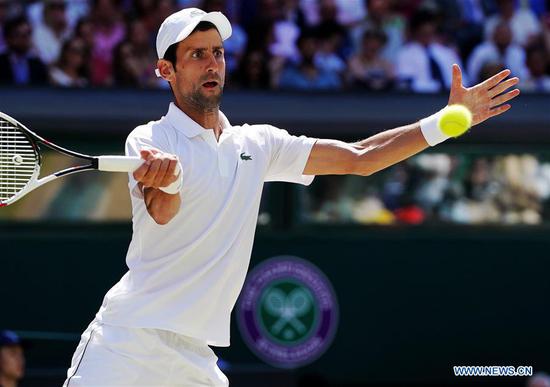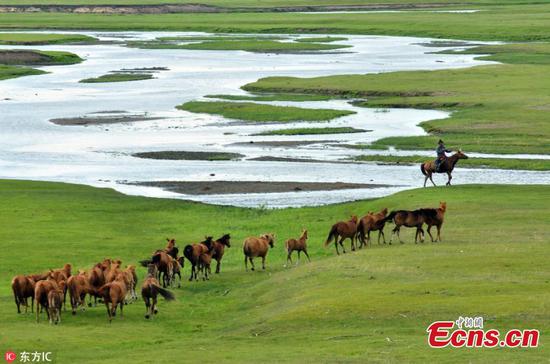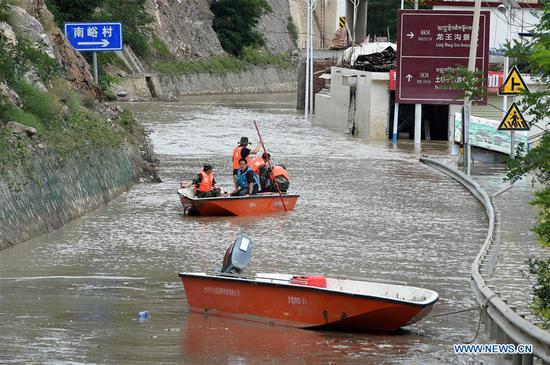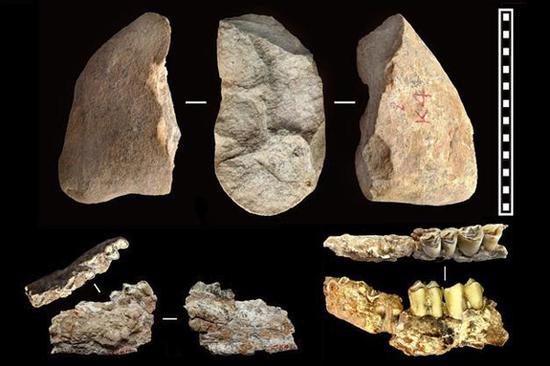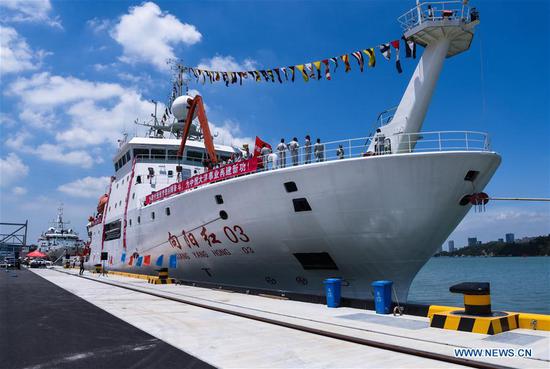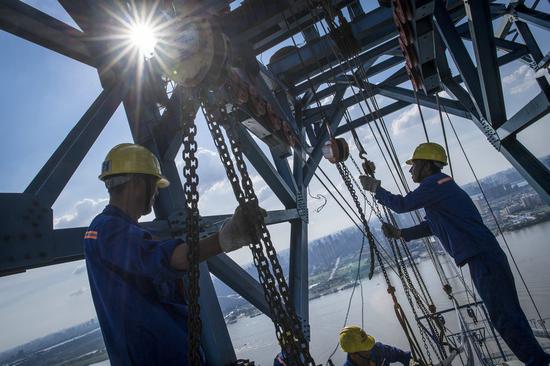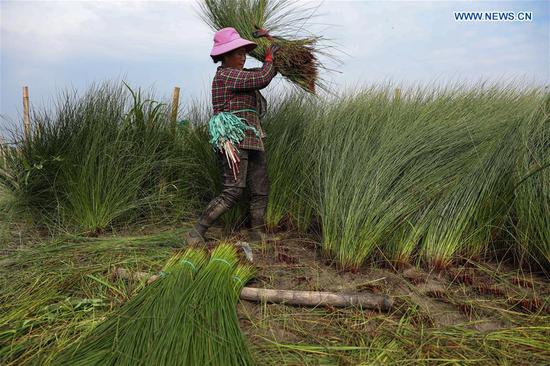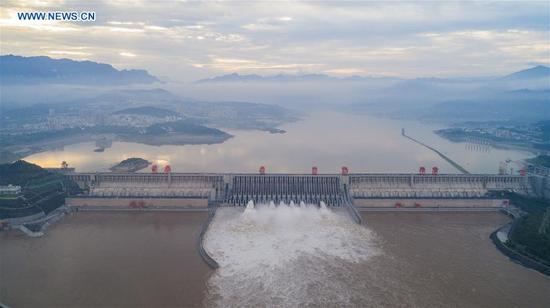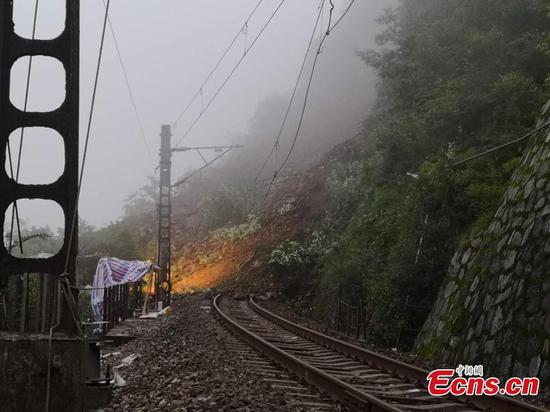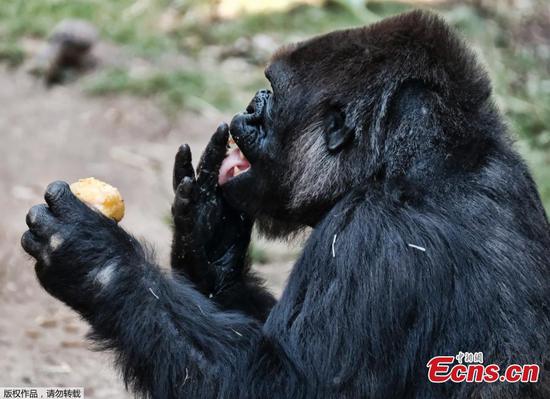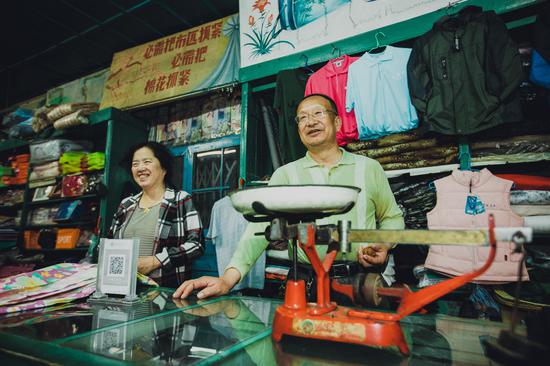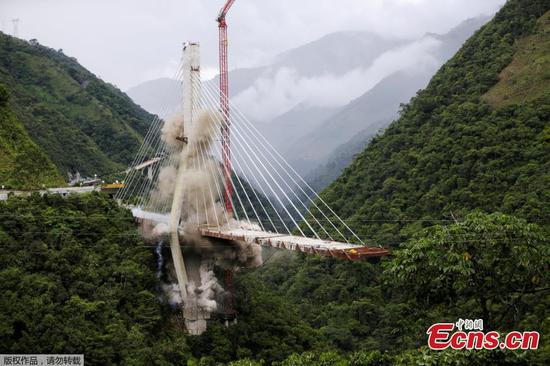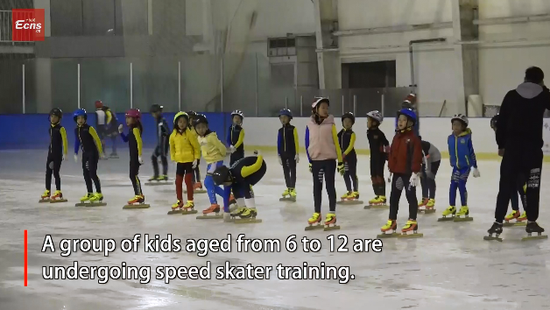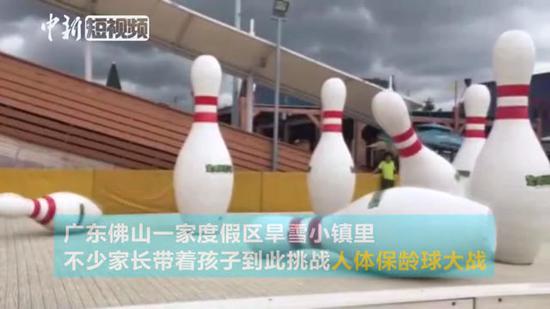China's labor supply is estimated to drop by 100 million every 15 years after 2020, while more incentives are urged to better implement the second-child policy to address a shrinking labor force and aging society, according to a study from China's top political advisory body.
The labor supply of China will continue to decrease. It is estimated that the working population of the country will be 631 million in 2020, and the number will drop to 523 million in 2035, and 424 million in 2050, said a survey from the population commission of the National Committee of Chinese People's Political Consultative Conference (CPPCC).
The survey, which lasted one month and ended in June, said that the fast developing AI technology of China can help solve the problems brought by the shrinking labor force.
The survey, which was rare in its kind, showed that more government agencies have realized the sustained low fertility rate in the country, demographic expert Huang Wenzheng told the Global Times.
The survey, published in a report of a newspaper affiliated with the CPPCC, found that the total number of births in East China's Shandong Province, where residents "have the greatest wish to have a second child," actually dropped in 2017 compared to that in 2016.
The report attributed the main reason to people's worries that they financially "couldn't afford a second child" although they are willing to have one.
However, Huang argued that the explanation was "ducking the question and confusing the public, saying that simply attributing the fewer births of a second child to the high cost of raising children is not correct.
The issue of China's aging population is becoming more prominent in major cities such as Beijing. In 2017, the population over age 60 reached more than 3.3 million in the capital, accounting for 24.5 percent of the total population, according to the report.
China's population issue has become a national crisis that deeply affects its sustainable development, said Huang. A decreasing Chinese population "would mean a decreasing number of talents, which will ultimately affect the innovation of Chinese technology," he said.









